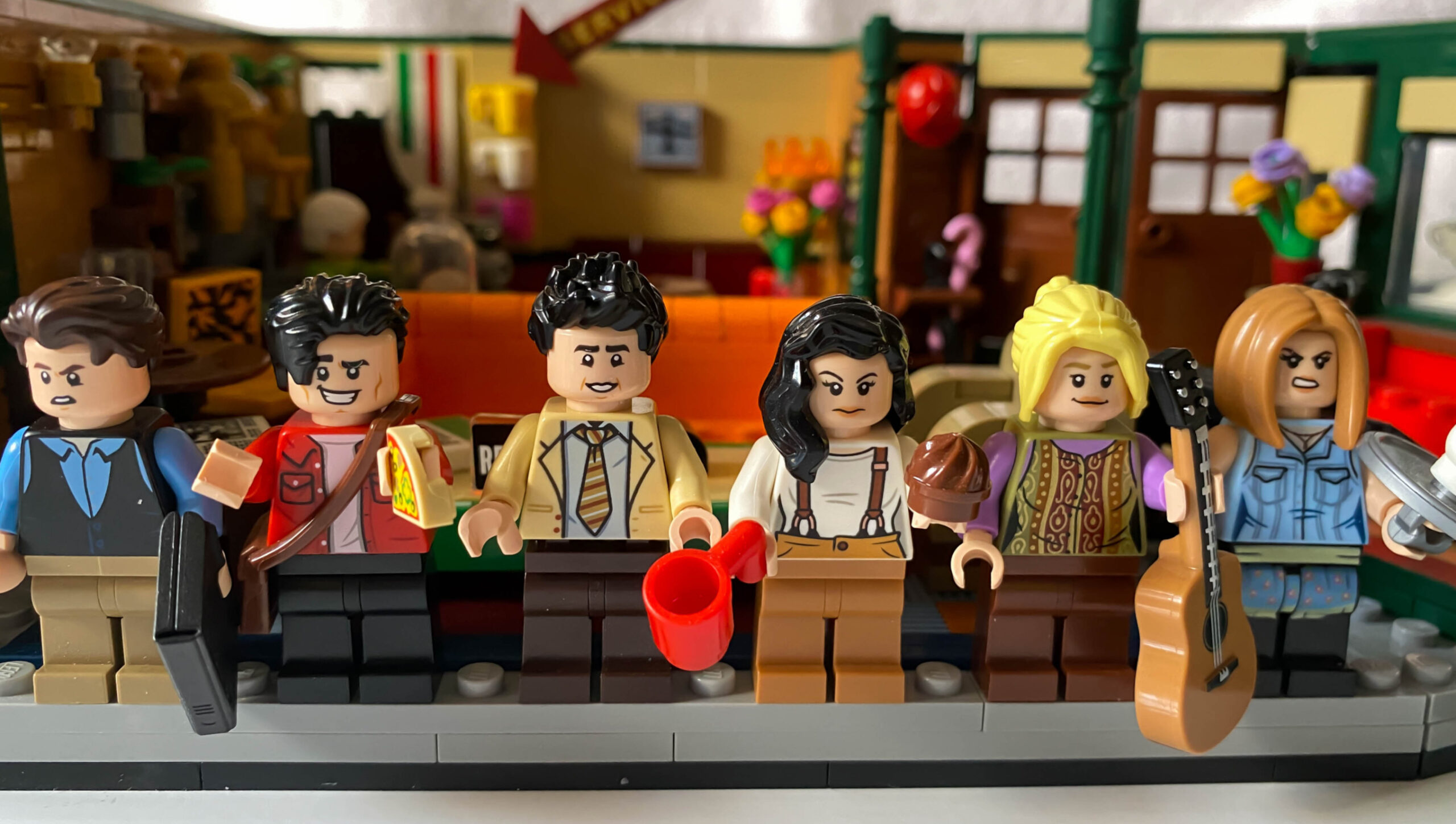
## Metadata
- Author: Wonkhe
- Full Title: Whose Job Is It to Help Students Make Friends?
- URL: https://wonkhe.com/blogs/whose-job-is-it-to-help-students-make-friends/
- Date: 2024-04-05
## Summary
If students need friends, whose job is to make it happen - and what do we mean by friends, anyway? Jim Dickinson's mother warned him there would be days like these
## Highlights
- friendship and the building of social capital is important to the student experience – and crucially to the student ***academic*** experience. ([View Highlight](https://read.readwise.io/read/01htq11xbhpxfphkym98y4sbet))
- there was always one slide that caused some discomfort – our recommendation that academic staff, as well SU officers or halls managers or whatever, should take some responsibility for building connections and student social activity. ([View Highlight](https://read.readwise.io/read/01htq128qyteq7h6arpccexmgw))
- When we asked who should have responsibility for enabling students to build peer connections, the three top choices were ==students themselves, course tutors and module leaders, and students’ unions==. ([View Highlight](https://read.readwise.io/read/01htq130gha0esr2zxnzx5cw2m))
- But a significant number of ***academics*** felt that the responsibility of fostering connections should not fall to ***them***. ([View Highlight](https://read.readwise.io/read/01htq15xp3p8xanxk26bghmw4n))
- students may not need “friends” within the academic context – but they do need course mates. ([View Highlight](https://read.readwise.io/read/01htq16c2ftb73g3dkgfe7cd6z))
- In [this study](https://link.springer.com/article/10.1007/s10734-022-00874-0) on the links between student satisfaction and different types of interaction in higher education, results showed that ==student satisfaction can be explained not only by who the students interacted with (peers vs. staff), but also how they interacted with these individuals (either in a formal or an informal format)==. ([View Highlight](https://read.readwise.io/read/01htq1ay1qwax4nar2rvmag8jt))
- Three forms of interaction – ==student–student formal (ie in the classroom or in project groups), student–student informal (ie clubs, societies, friendship groups) and student-staff formal (notably not student-staff informal, predator fans) were found to be significant predictors of satisfaction==. ([View Highlight](https://read.readwise.io/read/01htq1b62mmtz4kjfehcvybtjp))
- And a dive into this year’s [HEPI/Advance HE Student Academic Experience survey](https://www.hepi.ac.uk/2022/06/09/2022-student-academic-experience-survey/) both bears out the link between loneliness and low levels of satisfaction, and demonstrates a link to drop out. ==Of those in that survey considering withdrawing, almost 35 per cent felt lonely most or all of the time. Of those that hadn’t considered it, that percentage fell to 17 per cent==. ([View Highlight](https://read.readwise.io/read/01htq1bfr33mzpj0g530em3fy7))
- Some of it is about building shared ground rules, or remembering (and pronouncing correctly) names. ([View Highlight](https://read.readwise.io/read/01htq1d27n6777a9t7j9r693h0))
- Perhaps in the past this wasn’t necessary. When everyone lived on campus, came from the same social class and had the money and time to forge the sorts of connections identified here, maybe it was fine to leave these sorts of social-academic activities to serendipity and the students’ union. But the past is another country – and what’s clear is that our hyper-diverse and socially anxious students need us to take steps to ensure that they feel they belong, not least so that they can support each other, and take the pressure off both formal support services and academics’ inboxes. ([View Highlight](https://read.readwise.io/read/01htq1m5h49ny5sw4y7qweqp24))
- There are lessons for students’ unions here. On our recent study tour to Scandinavia, a focus on school or departmental level [chapters](https://wonkhe.com/blogs-sus/time-for-sus-to-turn-a-new-chapter-on-community-on-campus/) – a sort of souped up academic society combined with a course rep system and student led work on careers – caused much more obvious social connection than your average UK students’ union Freshers Week with the Vengaboys on too loud. ([View Highlight](https://read.readwise.io/read/01htq1rk3x839e24pvq5wmj7m3))